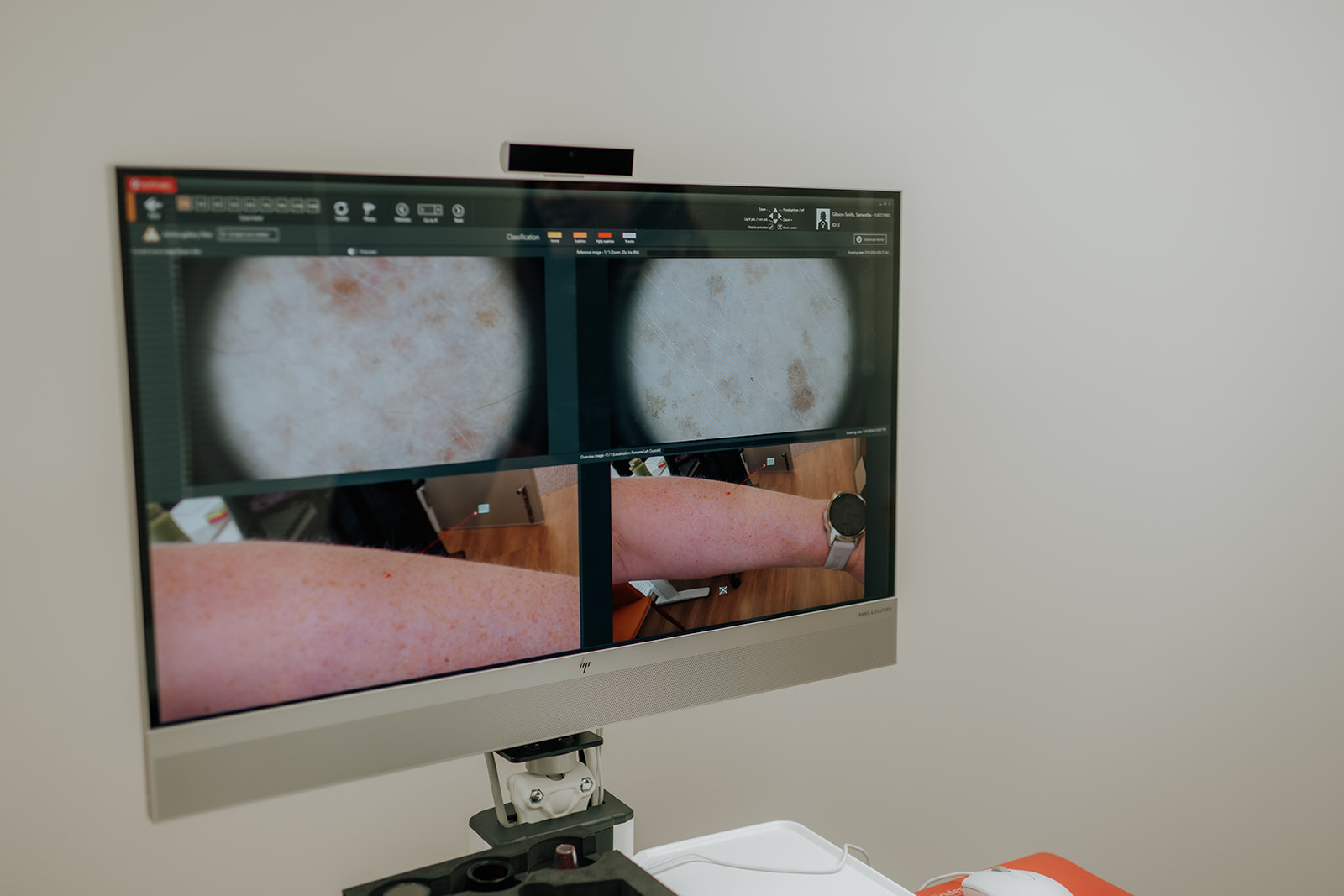Skin Cancer Treatments
The Skin Cancer Clinic at O’Skin provides expert detection, diagnosis, and treatment of skin cancer, with Dr. Amy O’Brien and Dr. Renae Vardi working collaboratively to deliver comprehensive care. Using a patient-focused approach, the clinic offers thorough skin checks and personalised treatment plans to ensure the best possible outcome.
Overview
At O’Skin Medical, Drs. Amy O’Brien and Renae Vardi offer professional and thorough skin cancer checks to ensure your skin health is managed with care and expertise. Amy and Renae are both experienced doctors specialising in skin cancer management. They offer personalised care with clear, actionable advice and have access to a wide range of advanced treatment options. You can book an appointment directly – no referral is necessary.
Skin Cancer Treatment Options
Skin cancer is one of the most common forms of cancer, but it is also highly treatable when detected early. Depending on the type, size, location, and stage of the skin cancer, as well as the patient’s overall health, a variety of treatment options are available.

Frequently Asked Questions
How long does a skin check take?
A standard full skin check typically takes 30 minutes. Limited and single spot checks are available and usually take 10-20 minutes.
How often should I get a skin check?
This depends on your risk factors. The Australian Guidelines do not recommend annual skin checks for general surveillance but encourage patients to self-monitor and present with any concerns. People with a history of skin cancer or high-risk factors may require frequent visits.
What are the warning signs of skin cancer?
Look out for new moles and spots that have an irregular shape or uneven colour. It’s also important to monitor sores that don’t heal, red, scaly patches or lumps on the skin. You are welcome to contact O’Skin for an appointment to review these lesions. It is important to mention that you have a specific spot of concern so we can expedite your appointment.
What is the best way to prevent skin cancer?
Australia has the highest rates of skin cancer in the world. Protect yourself by wearing broad-spectrum sunscreen daily (SPF 50+), seeking shade and avoiding peak sun hours , wearing protective clothing, hats, and sunglasses and performing regular self-checks. If you have any concerns on your skin, then make an appointment to see a doctor with an interest in skin cancer.
What happens if a suspicious mole is found?
If a suspicious lesion is detected, your doctor may perform a biopsy or excision. If skin cancer is confirmed, treatment options will be discussed, including excision, or other nonsurgical treatments.
Will I have a scar after skin cancer removal?
Scarring is inevitable when excising a lesion, but our doctors aim to minimise this by using precise techniques. Post-treatment care can also help improve healing.
Can you check moles for cosmetic concerns as well?
Yes, we can assess moles for both medical and cosmetic reasons. If removal is for cosmetic purposes, it will not be covered by Medicare.